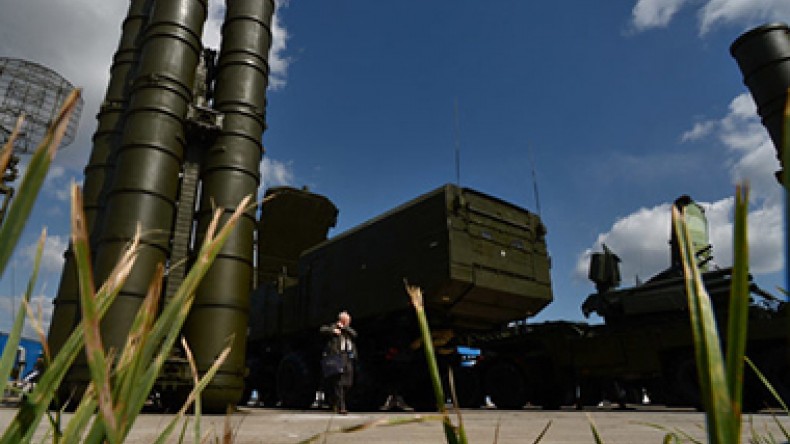
Russia’s bilateral ties with Iran: S-300 issue
By Alexander Yakovenko, RT
Russia’s decision to lift restrictions on delivery of S-300 surface-to-air missile systems to Iran is legal, reasonable and will contribute to regional and global stability.
The initial decision in September 2010 to freeze delivery of S-300 was guided by a desire to support the efforts of the P5+1 group of international mediators to promote progress at the talks on Iran’s nuclear programme. Russia did this voluntarily and in the spirit of good will, responding to calls by our US partners.
Neither UN Security Council Resolution 1929, nor other UN resolutions imposed any restrictions on shipments of defensive weapons to Iran.
In Lausanne on 2 April 2015, P5+1 and Iran struck a preliminary deal on how to settle the nuclear problem, a political framework for a final agreement. This made restrictions on S-300 sales irrelevant. The prospect for a final settlement looks positive. The renewed S-300 contract will encourage Teheran to follow that path.
Moreover, S-300 is a defensive weapon, not designed for attack or aggression. Teheran possessing such a weapon won’t endanger the security of any other state in the region, including Israel. Bearing in mind the tense regional situation, including in Yemen, modern air defense systems are the right means of containing tensions. Ultimately, this Russian-Iranian cooperation will strengthen regional stability.
Of course, one cannot ignore the commercial side. In the current political and economic circumstances, including economic sanctions imposed by some countries on Russia, we cannot allow ourselves to forego fully legitimate revenues from the Iranian deal, or be liable for damages for non-compliance with the terms of the original 2007 contract. It is enlightened self-interest, pure and simple.
Newsfeed
Videos






























